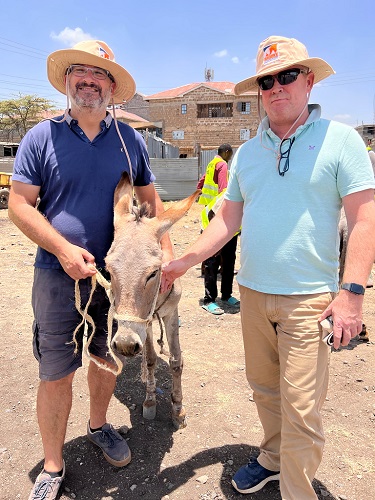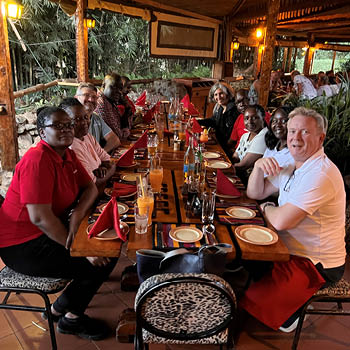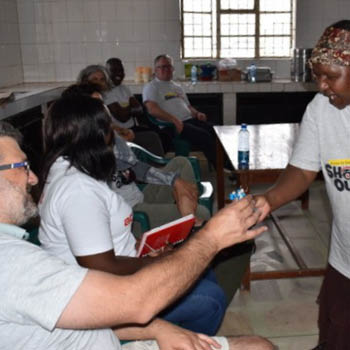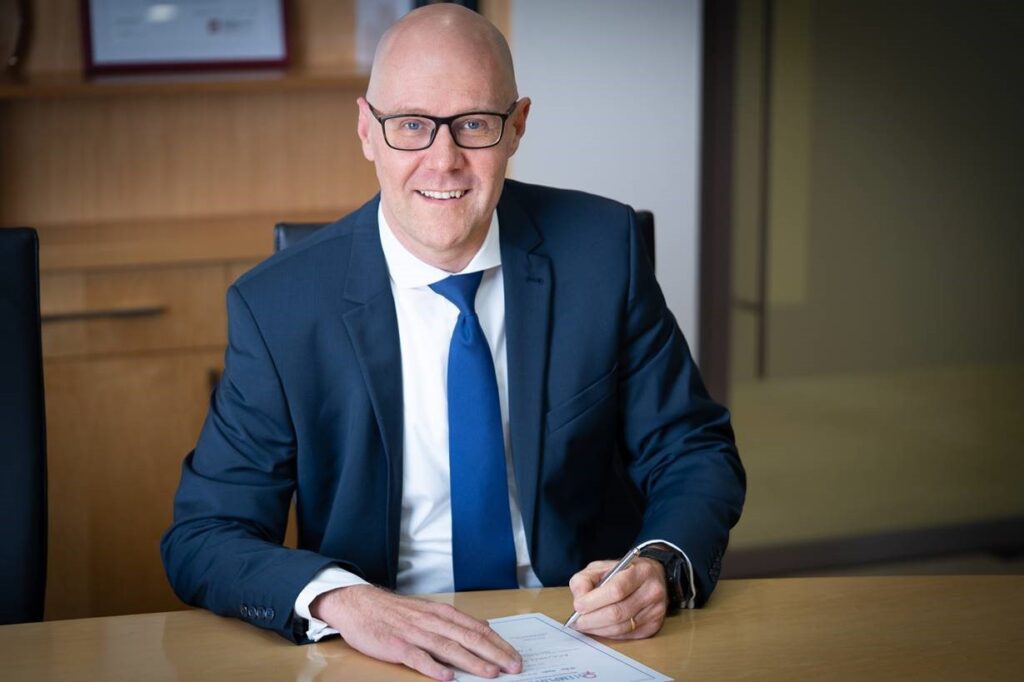As a trustee I consider our role as being focused on helping to steward families through the challenges of life whilst assisting to protect them and their wealth. In my experience, a key part of being able to achieve this is communication, particularly listening, not something that always come naturally but which is so important. Whether it be the settlor who has a story to tell about how they made their wealth, or the beneficiary with ideas as to how to grow the trust assets with the newest biggest investment opportunity, a trustee should always be ready to listen. The needs, requirements and ideals of one beneficiary to the next are often very different, even more so across the generations.
As the world focuses more on preserving our environment and protecting the planet, trustees need to be aware that it is those generations who will feel the impact of any failures in this regard, that are focusing on the subject more and more and recognising that they have a responsibility to fight climate change and its related consequences. Where once beneficiaries might have been content to agree a target return on investments driven solely by the needs of their own lifestyle, now this is increasingly subject to ensuring that no harm is done in the process.
Next-Gen, short for next-generation, was an adjective that originally came into being to describe a product that had been developed using the latest technology and was likely to replace an existing product. In the wealth arena, it seems that it is commonly being used to describe the transfer of wealth from one generation to the next and the significant differences we as service providers are seeing between those generations.
Trustees do not have the prerogative of being able to discard the old generation in favour of the next-gen. As trustee we need to listen to this shift of focus whilst also keeping an eye on / ear out to those generations who haven’t been swept up in the same shift.
Some of the older generation still retain the view that a “traditional family” is formed of a man and a woman who are married and have naturally born children. Now “blended” families are on the rise, with same sex parents, unmarried couples, and / or nonbiological children forming a part of the mix. Legislation is evolving (in some jurisdictions at least) to keep up to date with these altered views but it is also important that trustees keep up to date and ensure that the documentation governing our families’ structures does so too.
It is no surprise that with such a significant change in what is seen as representing the “norm” that views on wealth, its management and the sharing of such wealth by the next-gen differ from those of the past. Such differences can risk leading to conflict between the generations which needs to be managed by the trustees in so far as it relates to trust assets. Where the “next-gen” might assume and expect sustainable investing to reasonably form a part of a portfolio, the “old-guard” often have to be persuaded that this is the correct approach, particularly when, in their opinion, it is only relatively recently (within the last decade or so) that the application of ESG and sustainability to investments has begun to affect returns positively rather than negatively.
As a trustee, we often have to balance the desire to actively include ESG and sustainability to meet the demands of the next-gen, against making sure that this doesn’t lead to the disinterest and refusal of the older generations to engage, whilst also being aware of the fact that as the law currently stands, impact investing should only form a limited part of a trust investment portfolio unless otherwise set out in the trust deed. Genuine arguments that have been used to persuade the older generation include:
- “Sustainable investing can help future proof returns with regard to tipping points within the market, for example, with regard to climate change” – better to be invested in renewable energy sooner rather than later when the world is moving away from fossil fuels;
- “Impact investing can be highly complementary to philanthropy giving a direct result in the areas in which families wish to target – e.g. clients buy significant land as a means to saving a patch of the world a piece at a time;
- “Sustainable companies are being seen to do better long term investments than those that are not, meaning that returns are likely to be better if investments consider ESG matters” – this is something that is not always obvious and sometimes as a trustee it is for us to take the lead and stress test the portfolios against ESG criteria; or,
- “Impact investing allows the funds to be used again and again with the returns that are generated from such investing thereby allowing ongoing impact in the chosen area to benefit, whereas philanthropy tends to be a donation which even if invested by the recipient, any return and future investment is beyond the control of the donor”.
Notwithstanding the fact that all of these points are valid, we have found that they often need to be gently positioned in the face of negative assumptions and misinterpretation of the impact of ESG and sustainability to those who have operated in a world where they are “new”. This is where the communication skills of trustees are key. The move of the next-gen towards ESG and sustainability is widely known and accepted, understanding the reservations of the older generations and navigating the route towards the requirements of the next-gen is where a trustee can show their worth by listening to each generation and balancing the interests as needed.
The next-gen are the future but as trustee, we should fail to listen to the past at our peril – both the past and present are important as we weave our way forwards.










